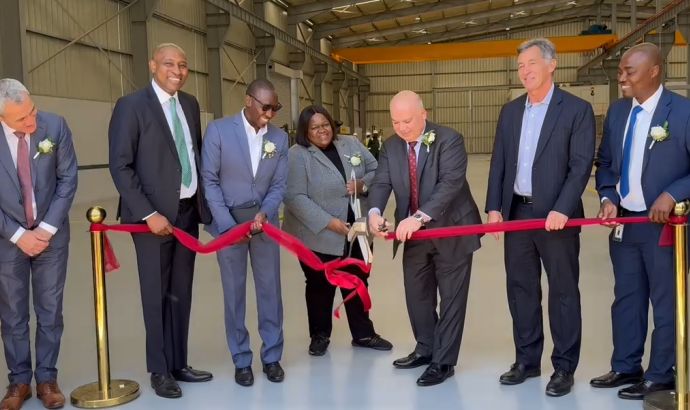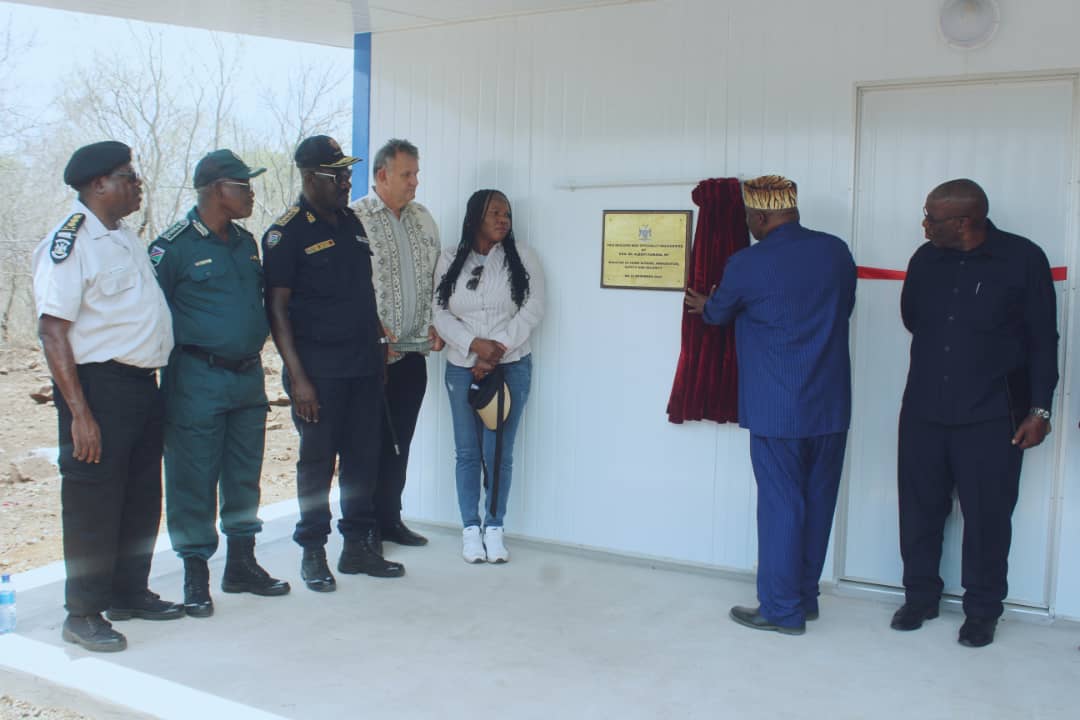Deputy minister of urban and rural development Evelyn !Nawases-Taeyele has called on government institutions, the private sector and non-governmental organisations to pool resources to address housing needs among marginalised members of society.
!Nawases-Taeyele said the population of Namibia has increased from 1,4 million at independence to 2,3 million, without updated statistics from the recently held census, while the national housing backlog stands at 300 000 housing units, of which 70% is in the lowest income earning category of those who cannot access credit from financial institutions.
She was speaking during the Land Management and Housing Development conference at Rehoboth on Friday.
“Our resources as a government will never be enough to address all of society’s needs. I, therefore, call on all stakeholders, those in the private sector, to hold hands with the government and support housing needs among marginalised members of our communities, as we are able to achieve more if we work together and put our resources together for causes that affect the needy sector of our society,” said !Nawases-Taeyele.
The deputy minister said the country is faced with a high rate of unemployment and poverty which is worsened by the economic downturn and the effects of Covid-19, which has resulted in increasing rural-urban migration. This rural-urban migration has resulted in a proliferation of informal settlements in urban areas, accounting for approximately 40% and 11% in rural areas, she said.
!Nawases-Taeyele said preliminary estimates indicate that housing needs will grow from 30 000 houses from 2023 to 2030.
She noted that more attention should be given to realising housing through the Build Together programme and the Shack Dwellers Federation of Namibia (SDFN).
The ministry of urban and rural development has delivered 4 130 housing units under the Mass Housing Development Programme countrywide, of which 132 housing units were constructed in the Hardap region, she said.
The SDFN has delivered 231 houses in Hardap with more unserviced land to be transacted between these institutions, she said.
“I would like to encourage these institutions to continue on this trajectory and for others to follow suit.
“The Build Together programme is one of the programmes designed to cater for the lower income groups to be able to access serviced land and adequate basic houses. Over the years, this programme successfully delivered affordable housing to this income group that were faced with challenges such as lack of accommodation and serviced plots by some regional and local authorities at very low recovery rates.”
!Nawases-Taeyele said consideration should be given to making fully or semi-serviced land available to the SDFN.
“This appeal is not only directed to the Rehoboth town council but to all regional and local authorities throughout the country,” she said.
The town council embarked on the Land Management and Housing Development conference to find amicable solutions to curb the housing demand and land management challenges facing the town.
Councillor Jacky Khariseb said among the challenges faced are the slow processes required to service or acquire land and/or housing.
“You realise a person will apply for housing. This process is very slow. That’s how you find people living in houses they don’t own for up to 10 years,” said Khariseb.
Another challenge is the provision of bulk services, he added.
“The current infrastructure that we have was not built to service the population size we have now. So while capacity is low, the infrastructure is also ageing with frequent interruptions to service provision. So, we said let’s not wait for the government. Let’s engage stakeholders, partners and investors so that we can develop a blueprint that would assist the government in providing adequate housing,” said Khariseb.
The conference was aimed at soliciting input from stakeholders and industry leaders to learn, benchmark and share best practices in solving land management challenges and providing housing.
Stay informed with The Namibian – your source for credible journalism. Get in-depth reporting and opinions for
only N$85 a month. Invest in journalism, invest in democracy –
Subscribe Now!






